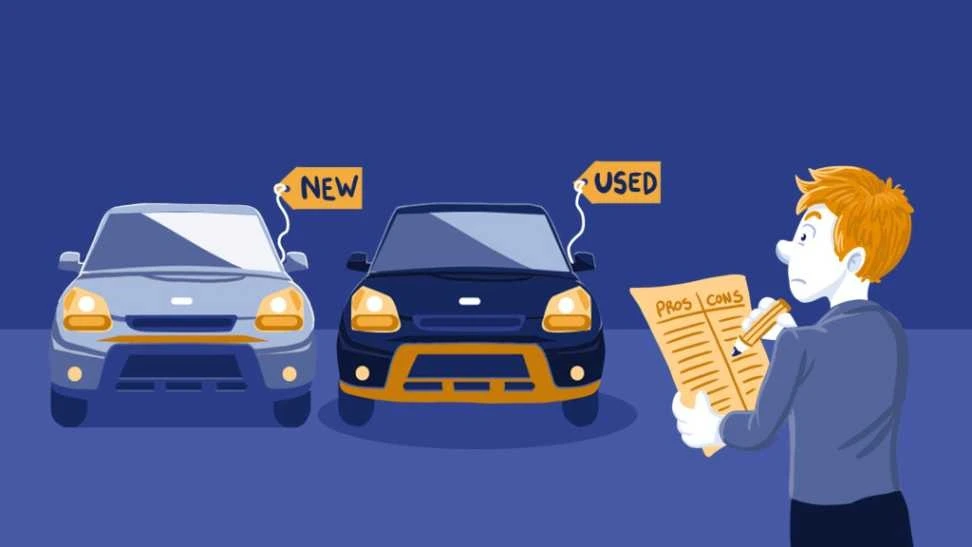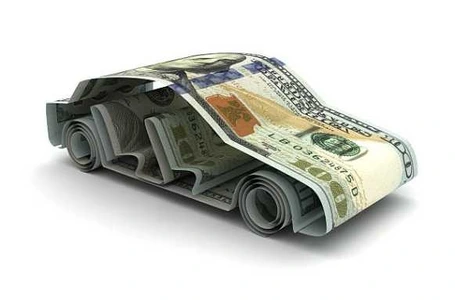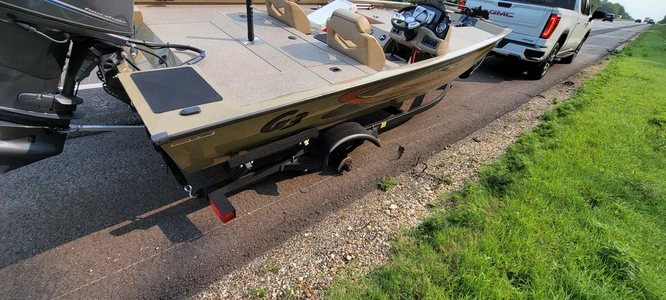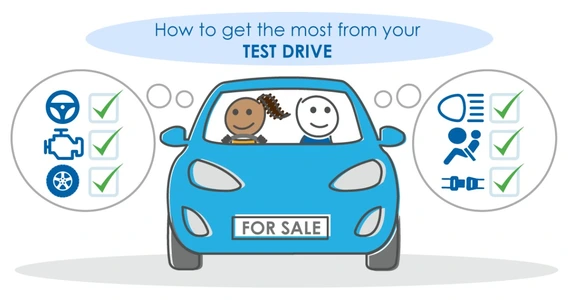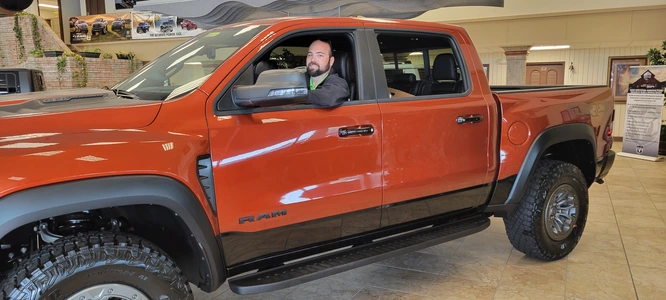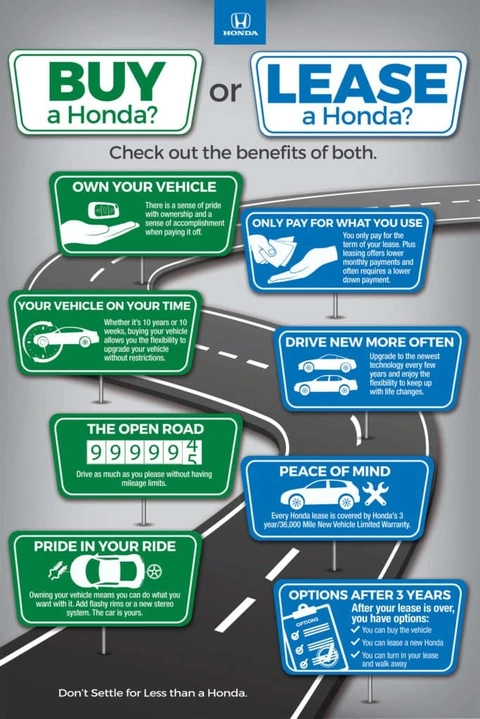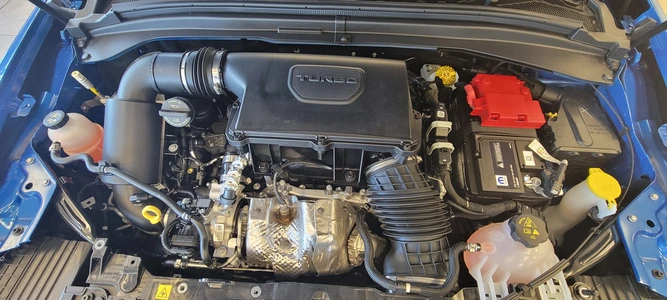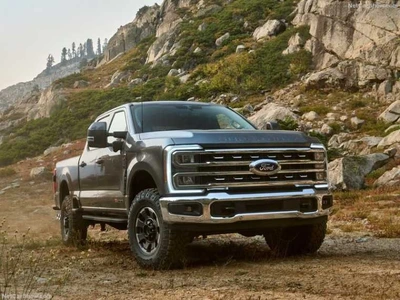When it comes to buying a car, one of the most fundamental decisions you'll face is whether to go for a brand-new vehicle or opt for a used one, and in this comprehensive guide, we'll delve into the pros and cons of each option to help you make the best choice for your next car purchase while considering your budget, needs, and preferences.
The Advantages of Buying New
1. Latest Features and Technology - New cars often come equipped with the latest safety features, advanced technology, and improved fuel efficiency, ensuring you stay up-to-date with the automotive industry's innovations.
2. Warranty and Reliability - With a new car, you typically enjoy a manufacturer's warranty that covers major repairs for a certain period or mileage, providing peace of mind and potentially reducing long-term ownership costs.
3. Lower Maintenance in the Early Years - New cars require less maintenance during their initial years, with the first few years typically involving basic services like oil changes and tire rotations.
4. Customization - When you buy new, you have the opportunity to choose the exact make, model, color, and trim level you desire, ensuring your vehicle suits your preferences perfectly.
The Benefits of Buying Used
1. Lower Depreciation - New cars depreciate rapidly in the first few years, often losing a significant portion of their value, while used cars have already absorbed this initial depreciation, making them a more cost-effective choice in the long run.
2. Affordable Insurance - Insurance premiums are generally lower for used cars, which can help you save money on an ongoing basis.
3. More Car for Your Budget - With the same budget, you can often afford a higher-end or more feature-packed used car compared to a new one in the same price range.
4. Vehicle History Reports - Today, you can access comprehensive vehicle history reports that provide information about a used car's past, helping you make an informed decision and avoid potential issues.
The Drawbacks of Buying New
1. Higher Initial Cost - New cars typically come with a higher upfront cost compared to their used counterparts, which can put a strain on your budget.
2. Faster Depreciation - New cars experience the steepest depreciation in their first few years, causing them to lose value quickly.
3. Higher Insurance Premiums - New cars often require more comprehensive insurance coverage, leading to higher premiums.
The Downsides of Buying Used
1. Uncertain Maintenance History - Used cars may have an unknown maintenance history, potentially leading to unexpected repair costs.
2. Limited Warranty - While some used cars may still have a portion of their original warranty remaining, others may not have any warranty coverage left.
3. Older Technology - Used cars may not offer the latest in terms of technology, safety features, or fuel efficiency.
In the end, the choice between a new and used car depends on your individual preferences, budget, and priorities. By considering the advantages and drawbacks of each option, you can make an informed decision that aligns with your needs and financial situation, ensuring a satisfying and sensible car purchase.
Dalton Stidham
(901) 504-8503
Homer Skelton CDJR

